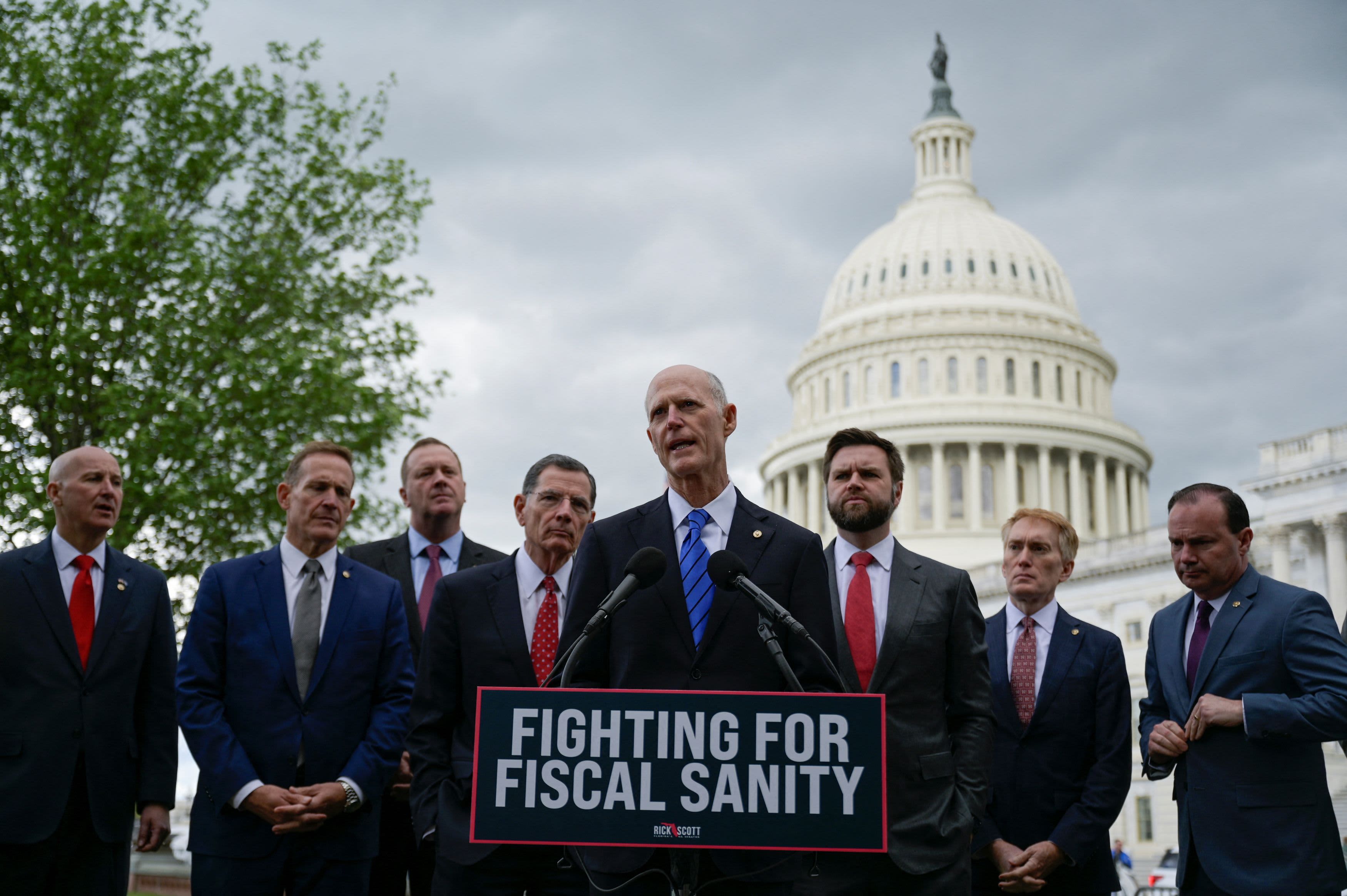Pfizer CEO Albert Bourla on Thursday said pharmaceutical companies will likely take legal action against Medicare drug price negotiations — which aim to cut costs for older Americans but will likely reduce company profits.
“I think that there will be legal action, but I’m not sure if we’ll be able to stop anything before 2026 or not,” Bourla said during a live-streamed interview with Reuters.
related investing news
Bourla referred to a provision in the Biden administration’s Inflation Reduction Act that will allow the Medicare program to negotiate prices on the costliest prescription drugs each year.
The first negotiations start in September and new prices will go into effect in 2026.
He said the most “certain way” to stop the negotiations would be to call on Congress to introduce legislation that will revise the federal government’s plan. But Bourla noted that he is “not optimistic” about that happening.
Democrats control the Senate and President Joe Biden would likely veto any such bill.
Some drugmakers are already preparing to fight Medicare drug negotiations, industry sources told Reuters.
Bourla called the plan “negotiation with a gun to your head.”
He argued that it will cut pharmaceutical profits and force thousands of companies to pull back on developing life-saving medicines.
“They will be very careful where and how much they invest in research,” he said.
Bourla called it “unfortunate” that the government enacted a law that “creates a lot of disincentives” for the industry, even after seeing the pivotal role companies played during the pandemic.
“We’re coming out of a global health crisis that became a financial crisis as a result of Covid. But the only reason why we are here today was because we had a thriving life sciences industry,” Bourla said. “They did the tests, the vaccines, the treatments, you name it.”
Pfizer and rival drugmaker Moderna are the leading developers of Covid vaccines.
Despite his criticism, Bourla acknowledged some positive aspects of the law for patients, such as lower out-of-pocket costs for medicines.
Another provision of the Inflation Reduction Act requires Pfizer and other prescription drug companies to refund Medicare through rebates if the prices of their drugs rise faster than the rate of inflation.
Five of Pfizer’s drugs are among the first set of 27 Part B prescription drugs that will be subject to Medicare inflation rebates starting April 1, the Department of Health and Human Services said in March.

